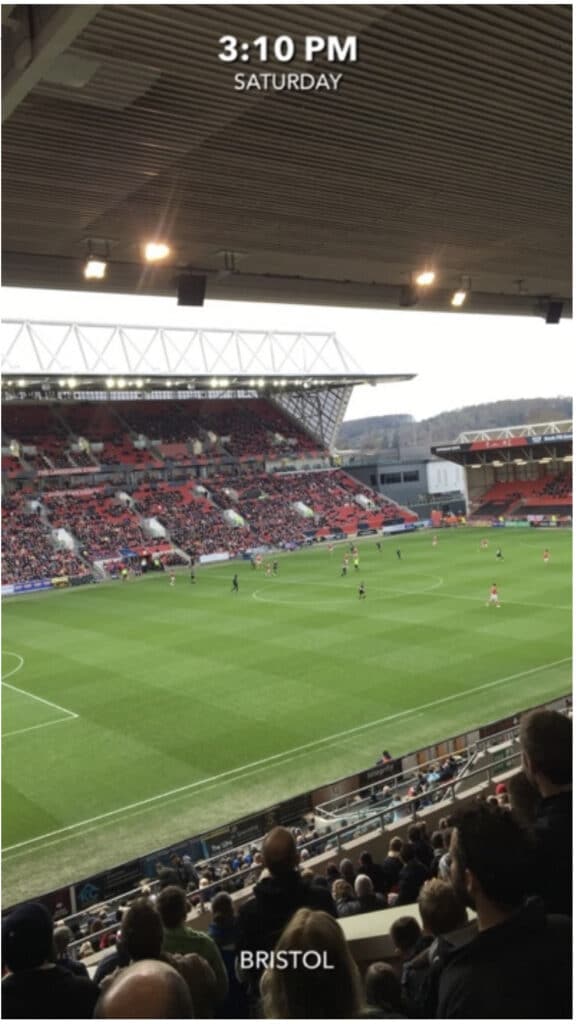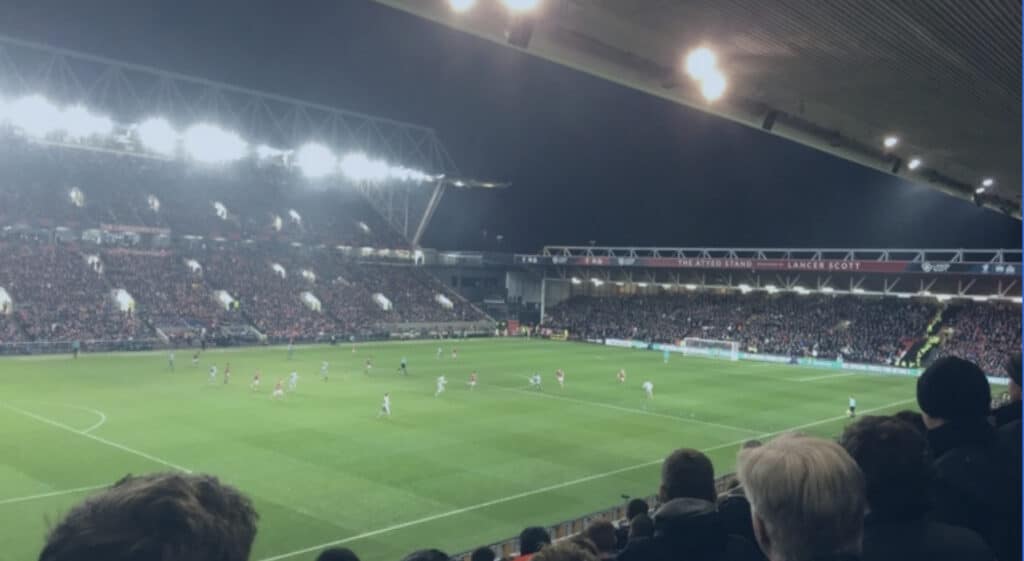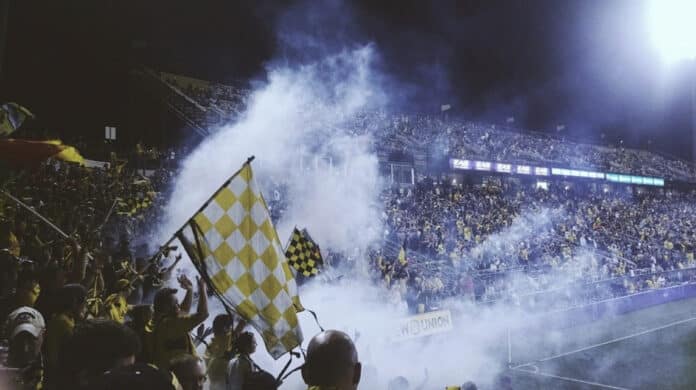In early 2020 the coronavirus pandemic swept across the World. Football was shutdown globally and in March, European leagues were suspended, until football was safe to return. In the UK, all training grounds were shut down by the FA and players were required to stay home along with the rest of the nation.
The FA started their response to COVID in early March, stating
‘We would recommend clubs / leagues proceed with their fixtures as normal.’ (AFA, 2020)
This followed on from Government advice to carry on as usual.
Two weeks later the FA’s response to the pandemic started to be more proactive than that of the government. With local FA’s such as the Durham FA stating, ‘The postponement of fixtures this weekend is a decision to be made by each individual League.’ (FA, 2020) These were the first signs of COVID affecting football, all the way to its grassroots. This bypassed Government advice of the time, which said all football games were free to go ahead without hesitation. It can be argued this was the first time the FA had embarrassed the government during the pandemic, ignoring its advice, denoting it was not suitable enough and telling individual leagues it was up to them whether they wanted to commence with their games or not.
On March 16th, in response to the government announcing, ‘now is the time for everyone to stop non-essential contact with others and to stop all unnecessary travel. We need people to start working from home where they possibly can. And you should avoid pubs, clubs, theatres and other such social venues.’ (UK Government 2020), the FA suspended all grassroots football for the ‘foreseeable future.’ (FA, 2020) Even though sport was not mentioned in the government’s announcement, the FA once again took it upon themselves to look after the grassroots game and protect their players.
In the professional game, the response was even more decisive. On March the 13th a joint statement was released stating the, ‘Premier League, FA, EFL and WSL have collectively agreed to postpone the professional game in England’. Sarah Kay from the University of Gloucestershire said she was ‘gutted’ she was no longer able to go watch her ‘beloved’ Arsenal Women’s Team and she was not sure ‘what I’ll do without them’. They also collectively stated, ‘”In this unprecedented situation, we are working closely with our clubs, Government, The FA and EFL and can reassure everyone the health and welfare of players, staff and supporters are our priority.”’ Even though they highlight the relationship between themselves and the government, this decision was taken before national government guidance was released to do so. This shows how these professional bodies once again took the lead in ensuring the safety of their players, prior to the government.

As Coronavirus continued to plague the world, football slowly started to find its feet once more. Firstly, in Germany, where the Bundesliga returned on the 16th of May behind closed doors. This was followed soon after by the rest of Europe and the English Premier League, which returned on the 17th of June after government talks were successful.
Whilst there was no debate about the attendance of fans in football stadiums last season, there is a growing desire for fans to be let back in this season. Almost everywhere in Europe now (21st October 2020) there are socially distanced crowds in attendance of games. We have seen this work successfully in Germany along with France and Spain. So, there is only one question, why aren’t we allowed this in the UK?
Now is the right time to let fans in – Toby Virjee, University of Manchester
The government still are continuing to refuse fans the right to attend events. After a planned return in October failed, they are now telling sporting bodies to prepare ‘for no spectators throughout the winter’ (Roan 2020)

However, it’s not all doom and gloom! Spectators have been allowed back into non-league football grounds. From the 22nd of August, stage one of the phased return of football fans began, in which, ‘spectators are permitted to attend fixtures at steps three to six of the NLS and tiers three to four of the WFP, providing that their number does not exceed 15 per cent of the minimum ground grading capacity’. (FA 2020) This was an extremely positive step for FA and department of digital, culture, media and sport. It meant many loyal football fans of lower league teams were allowed back where they belong. Joshua Tarrant from Bournemouth University said he was ‘ecstatic’ to be back watching Keynsham Town FC, his local non-league side he has supported all his life. He said it has brought ‘structure’ and ‘purpose’ back to his life.
On the 31st of August stage 2 of the phased return of football fans was applied in which, ‘ From 31 August 2020, clubs at steps three to six of the NLS and tiers three to four of the WFP will be permitted to allow spectators to attend fixtures provided that their number does not exceed 30 per cent of the minimum ground grading capacity’. (FA 2020)
This is a huge step in returning to normal life for football clubs. Without the fans they simply cannot survive. Denying clubs, the attendance of fans drains the life out of them. They lose the passion, drive and atmosphere supporters give, as well as the finance they bring in.
Due to the revenue lost by smaller clubs over the pandemic, many are struggling, many aren’t surviving. There is a huge fear among lower league teams that it may not be too long before they must let go. This would mean losing a huge part of the community in many cases.
Earlier this year Bury FC were liquidated, there was a huge national outcry due to the handling of the situation by the EFL. The liquidation was a huge loss to the community and had a grave effect on many people’s livelihoods and mental health. One fan tweeting, ‘Wow. Bury FC, very sadly, doesn’t exist anymore’. (Anon. 2020) This is just one example of how devastating losing a club can be to the community around it.
However, in recent weeks the UK Government, working alongside the National Lottery, have pumped £10 million into the national league, as a lifeline to try and keep them ‘afloat’. (Government 2020) The national league (Tiers 5 and 6) has received this package as they are still being forced to play behind closed doors. Due to National league teams not having fans in their stadiums, their income is still extremely reduced. Oliver Dowden, Culture secretary said, ‘I know from a brilliant club in my area that National League football clubs are the beating heart of their communities and too precious to lose.’ This shows that the government are making efforts to keep clubs alive, however the return of fans must be imminent, otherwise this package alone will not be enough.
PLEASE SUPPORT US FOR JUST £2 A MONTH








An interesting article. From personal experience, the benefits of structure and community within grassroots football cannot be underestimated.